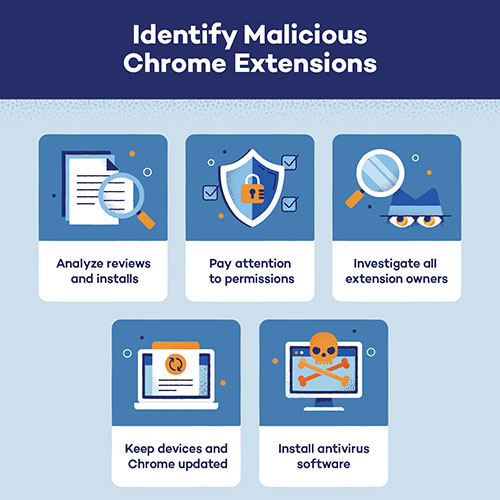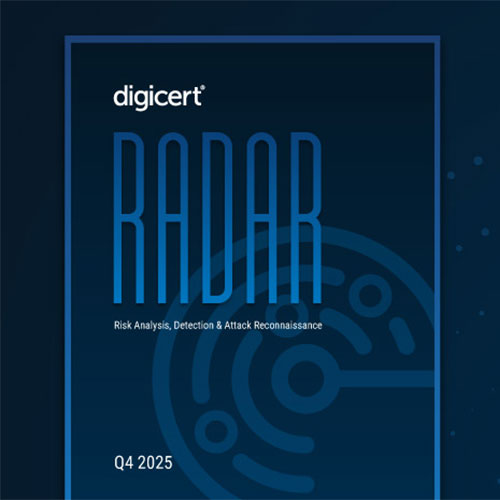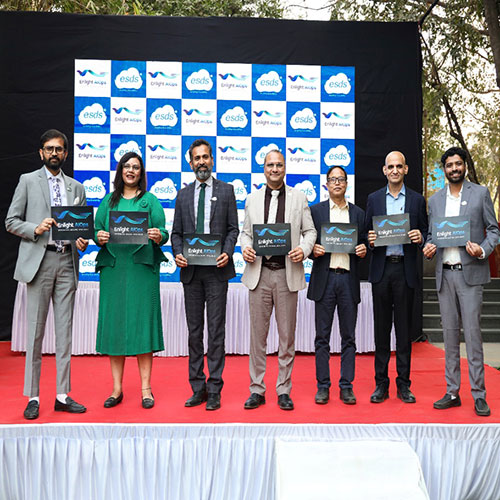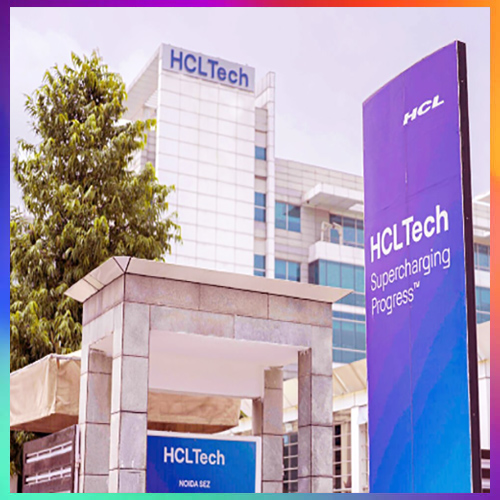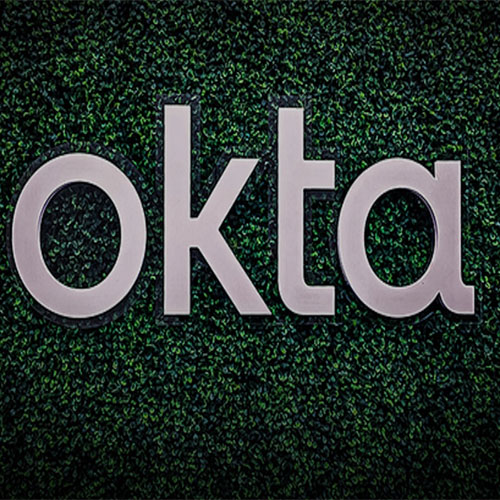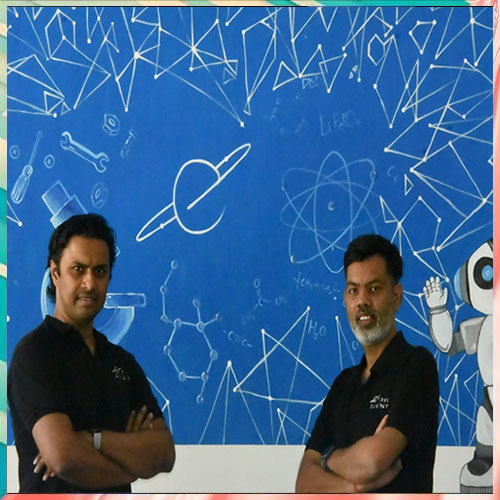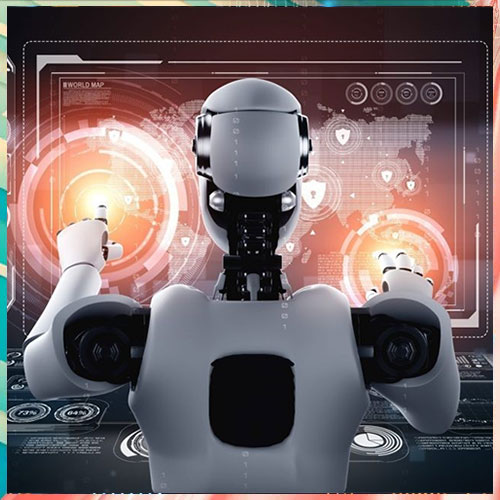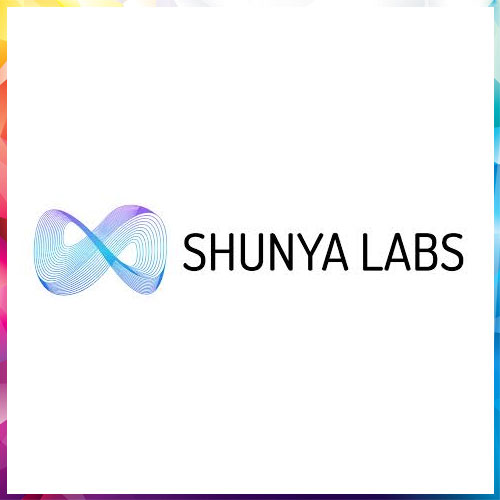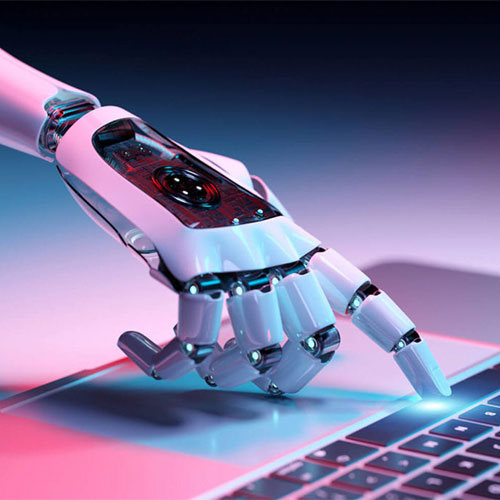
Microsoft announced that many new Copilot features are now live across web, mobile, and desktop platforms, with wider access coming soon, all designed to enhance productivity within daily workflows while maintaining user control
In a powerful showcase of innovation, Microsoft celebrated its 50th anniversary by unveiling a significant wave of enhancements to Copilot, its flagship AI assistant. With a host of new features spanning memory, vision, personalization, and deep integration with Microsoft cloud services, the company is setting a bold new direction for digital productivity and interaction.
An AI companion that knows you
At the center of the update is a dynamic new memory system that allows Copilot AI to remember key user preferences — such as favourite foods, personal interests, or important dates — and use this information to offer more relevant suggestions and proactive reminders. With full user control over what’s remembered, privacy remains a priority.
Microsoft is also experimenting with user-personalized appearances for Copilot, giving users the ability to shape its visual identity and make interactions more engaging and human-like. This evolution aims to make AI-powered Copilot feel more like a trusted companion than just a productivity tool.
AI that executes across platforms
One of the most impactful upgrades is the introduction of Actions, allowing Copilot to carry out real-world tasks like booking flights, making restaurant reservations, or sending gifts—simply by using natural language prompts. These tasks are executed through integrations with popular platforms like OpenTable, Skyscanner, and Booking.com, making the assistant even more hands-on.
Vision expands to mobile and desktop
Copilot in Microsoft Office already offered contextual support for productivity apps, but Microsoft is now extending those capabilities to the real world. With Copilot Vision, users can point their smartphone cameras at everyday objects or environments and ask questions in real-time. From plant care advice to interior design tips, Vision brings the physical world into Copilot’s reach.

On Windows, the new native Copilot app allows users to interact with the assistant across applications and files. Whether adjusting settings, summarizing documents, or organizing tasks, the app streamlines multitasking and eliminates the need to switch between tabs.
Pages, Podcasts, and Powerful Research
The new Pages feature gives users a canvas to organize research, notes, and ideas. Copilot helps structure content, offering edits and iterations from initial brainstorming to final output — a boon for writers, students, and planners alike.
Microsoft also launched Copilot Podcasts, a personalized audio content generator. Users can request summaries of complex topics, compare options like vacation plans, or convert articles into easy-to-digest episodes — all while continuing to interact with the assistant.
Additionally, the Deep Research feature allows Copilot to take on multi-step tasks, analyze documents, gather online insights, and present synthesized results — saving users hours of manual effort.
AI at the heart of Search and Shopping
With Copilot Search, Microsoft is reimagining traditional web search by combining generative AI responses with cited sources. The result is a more reliable, conversational approach to finding answers.
On the shopping front, Copilot becomes a personal buying assistant. It tracks prices, compares products, and recommends purchases — all while working within the broader Microsoft AI tools ecosystem.
Initial availability with gradual market release
Microsoft confirmed that many of these features are available now across the web, mobile apps, and desktops, with broader access coming in the following weeks. These tools, including Microsoft 365 Copilot, are designed to work seamlessly with everyday workflows, amplifying productivity while keeping users in control.
This Copilot launch marks a significant leap forward in Microsoft’s AI journey. As the company reflects on 50 years of technological impact, it’s clear that the future of digital interaction lies in intelligent, adaptive tools that learn, assist, and evolve — and Microsoft Copilot is leading the charge.
See What’s Next in Tech With the Fast Forward Newsletter
Tweets From @varindiamag
Nothing to see here - yet
When they Tweet, their Tweets will show up here.





